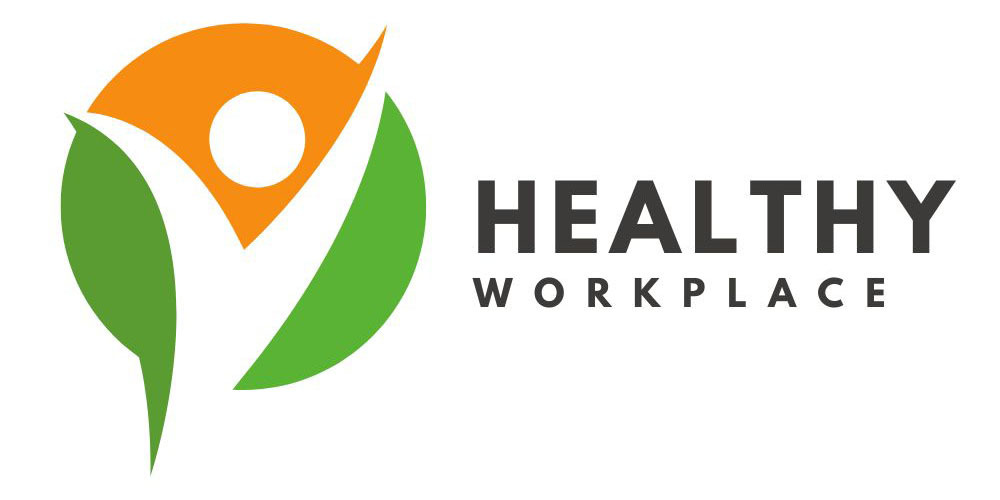Men’s Health Week (June 10-16) is an opportunity to start a conversation with your male employees about looking after themselves better.
With Men’s Health Week coming up, it’s a good time to prioritise support and education around men’s health issues. Since we spend so much of our lives at work, it makes sense for workplace leaders to step up and be part of the conversation about how Aussie men can lift their game when it comes to health and wellbeing.
Why men’s health matters
Australian men are more likely to get sick, and more likely to die, from serious health concerns than Aussie women. For example, men are 30 per cent more likely to die of cancer than women, and four times more likely to die of heart disease (under the age of 65).
“Men’s Health Week is a useful opportunity once per year to give some attention to particular issues around the health and wellbeing of men and boys,” says Dr Neil Hall from the Men’s Health Team at Western Sydney University. “The health statistics alone are somewhat frightening. For example, among other things, six out of eight suicides per day are by males; life expectancy is four years shorter (and 10 years shorter again if you are indigenous); seven out of 10 young people who die each year are male and 96 percent of people who die at work are men.”
According to Dr Hall, one of the most pressing issues in men’s health is addressing the suicide rate – three out of four suicides in Australia are men.
“The bigger increase in the rate has come for men in their middle years and has now overtaken young males as cause of death,” he says.
It’s easy to assume that the problem is men’s reluctance to open up emotionally, but Dr Hall says that’s an unhelpful generalisation. The most common factors in suicide, he says, are a lack of employment, loss of livelihood, bereavement, relationship breakdown or being of Aboriginal or Torres Strait Island descent.
“Knowing this, we can see that more should be done than simply providing crisis phone services – worthy as they are – and ‘getting men to talk’,” Dr Hall says. “We also need to think about making support services accessible for men and designed in such a way to be inclusive of all genders without men feeling blamed for their health status.”
That’s where workplaces come in.
How can you spread the message?
Dr Hall says managers and employees are well placed to drive men’s health awareness and promotion.
“In the workplace, great things can and are being done,” he says. “For example: the save-a-mate program in the construction industry; the availability of Employee Assistance Schemes; workplace practices that don’t penalise their workers for having to take time off to attend health or support services; and policies for flexible workplaces should male employees want to share child-rearing responsibilities with their partner.”
Providing easy-to-access health information in a discreet show bag left around the workplace allows men to pick it up and take it home to read. And if you’re producing your own information, keep it short and to the point.
“‘Male-friendly’ fact sheets, reading materials and opportunities for men to tell their stories of resilience and recovery are all great ideas that are beginning to have impact in the workplace,” Dr Hall says.
He adds that having managers and employers step up as role models makes a difference.
“Male managers leading by example is key,” he says. “Taking leave from work when needed and encouraging others to do the same is one way. Managers of any gender are also in a position to invite support services into the workplace for lunchtime health checks or encourage in-house health or wellbeing programs like walking meetings, mini boot camps, jam sessions or ‘designated listeners’. The possibilities are numerous, and partnering with universities for research purposes can then also continue to build solid evidence of the strategies that work to improve male health.”
Men’s Health Week. Engaging men and boys [Online] [Accessed May 2019] Available from: https://www.menshealthweek.org.au/health-info/engaging-men-and-boys
Victoria State Government. Better Health Channel. Men’s health [Online] 2018 [Accessed May 2019] Available from: https://www.betterhealth.vic.gov.au/health/ConditionsAndTreatments/mens-health
